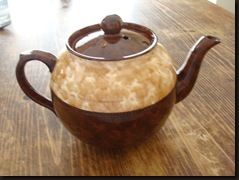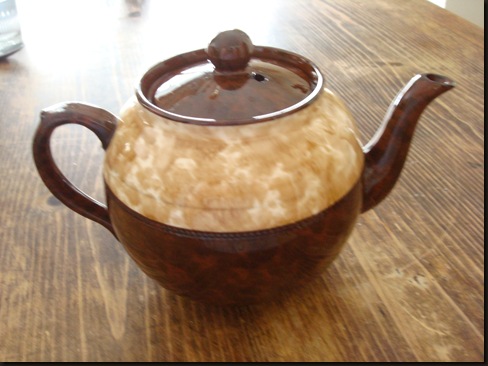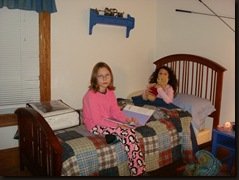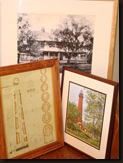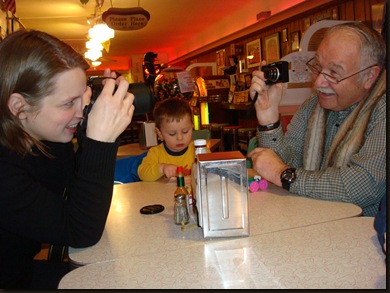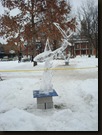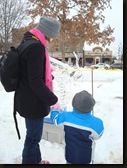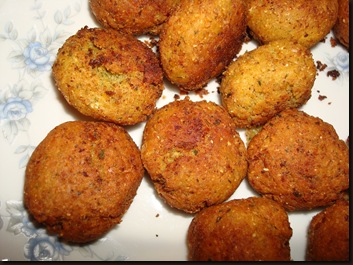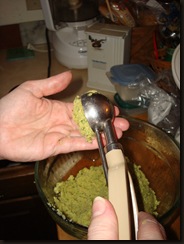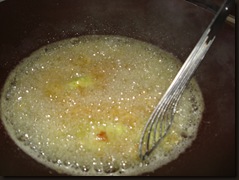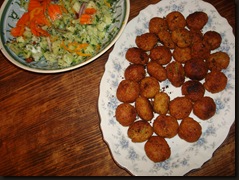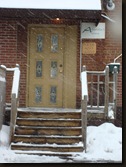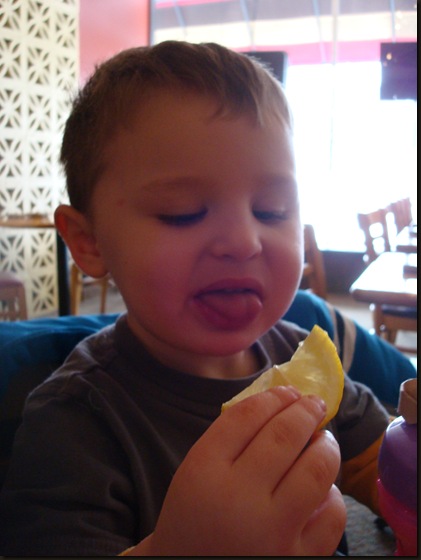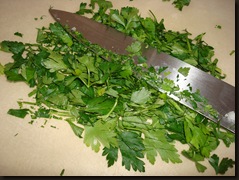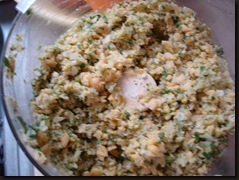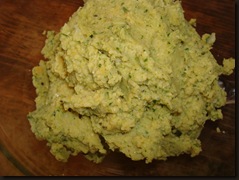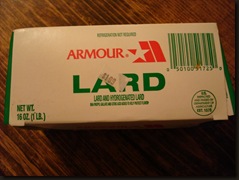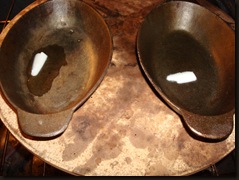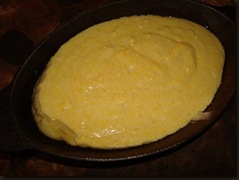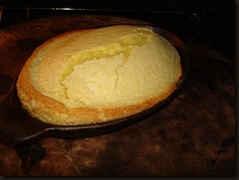Psalm 2
1 Why do the nations conspire
and the peoples plot in vain?
2 The kings of the earth take their stand
and the rulers gather together
against the LORD
and against his Anointed One.
3 “Let us break their chains,” they say,
“and throw off their fetters.”
4 The One enthroned in heaven laughs;
the Lord scoffs at them.
5 Then he rebukes them in his anger
and terrifies them in his wrath, saying,
6 “I have installed my King
on Zion, my holy hill.”
7 I will proclaim the decree of the LORD :
He said to me, “You are my Son ;
today I have become your Father.
8 Ask of me,
and I will make the nations your inheritance,
the ends of the earth your possession.
9 You will rule them with an iron scepter ;
you will dash them to pieces like pottery.”
10 Therefore, you kings, be wise;
be warned, you rulers of the earth.
11 Serve the LORD with fear
and rejoice with trembling.
12 Kiss the Son, lest he be angry
and you be destroyed in your way,
for his wrath can flare up in a moment.
Blessed are all who take refuge in him.
This is one of my favorite psalms to study with the method I shared a couple of weeks ago. It asks and answers questions and puts on a wonderful play of characters, as well.
1) Who wrote it?
David. See Acts 4: 25
2) What are the circumstances? ( historically, personally, nationally?)
??? conjecture- possibly when David was made King of Israel, and some of the surrounding nations resisted his authority.???
3) Are there questions asked? Identify them.
Why are men rebelling against God’s authority and decrees?
4) Are those questions answered? By whom?
Yes, by the Father (verses 4-6)
the Son ( verses 7-9)
and the Holy Spirit (verses 10-12)[ the reference to the Holy Spirit comes
from the injunction to “be wise” in verse 10- references to wisdom in the
OT invoke the third Person of the Trinity]
5) Can I pray this psalm?
Yes, especially verses 10-12, which provide good prayer material from the Holy Spirit.
6) What names for God are used by the psalmist?
LORD, Annointed One, Ruler of Heaven, King, Father, Son
7) What is the relationship between the psalmist and God?
There is a close relationship, David speaks as one inspired by the Holy Spirit
8) Are there any New Testament references ( or any other Biblical reference)?
Do the references make the psalm more clear?
Yes! Acts 4:23-27 . It absolutely makes the psalm easier to understand, giving us the inspiration and authority to interpret this psalm in the light of the Person and work of Jesus Christ. This understanding comes from Peter who identifies David as the author and Jesus as the Royal Son and King in Psalm 2.
9) Whose voices are heard? (ex. psalmist, God, unbelievers, nations, etc.)
This is where I get really involved from an artistic point of view, because this Psalm can be read as a skit. In fact, we “performed” it in class, the Kings wearing crowns and muttering mutinous statements to each other, a small group of nations waving flags and drawing up battle plans – the Father sitting in an armed chair with a light placed behind Him and a scepter of power, the Annointed one with a purple scarf and a HUGE crucifix around the neck and the voice of the Holy Spirit wrapped up in a diaphanous veil of mystery speaking her verses in a quiet voice.
10) What does it mean to me?
This psalm is like the Scriptures in 3D! Listening to the different “voices” and recognizing their part in this prophetic psalm gave/gives me a different perspective in the reading. It is no longer a lament against treacherous neighboring kingdoms and ungodly people- it becomes more of a morality play meant to remind me of the passion of Christ and our place in His universal Kingdom. God’s authority and position is not threatened by the treachery of a rebellious mankind- hence His laughter. The solidarity of the Trinity and the ultimate beauty and justice of Christ the King is clearly evidenced in this psalm.
Try this psalm as a skit with your family or friends- you will be amazed at the power and insight it offers in this form.
Let me know what you think in the comments. I really treasure your thoughts and opinions. I’ve always taught lessons in a small and personal setting and I need input, questions, disagreement,etc., to help me grow as well.
I’d also like to know if the questions and answer method is helpful to you. I developed these for a specific group of women, but I myself found it a good tool into the study of the individual psalms.
What do you think?
 It is hard to see the mark but it is definitely there and it tells much about the life and times of this lovely pot. It was made sometime around 1954 , in Staffordshire, in the west midlands of England, on the Stoke -on – Kent. This pottery is located in the same area as the more famous shops of Wedgewood, Spode, and Royal Daulton. It was started by Arthur Wood and his son Enoch in 1860 and continued to make teapots and piggy banks until the 1980’s when it was sold out to a larger concern.
It is hard to see the mark but it is definitely there and it tells much about the life and times of this lovely pot. It was made sometime around 1954 , in Staffordshire, in the west midlands of England, on the Stoke -on – Kent. This pottery is located in the same area as the more famous shops of Wedgewood, Spode, and Royal Daulton. It was started by Arthur Wood and his son Enoch in 1860 and continued to make teapots and piggy banks until the 1980’s when it was sold out to a larger concern.
